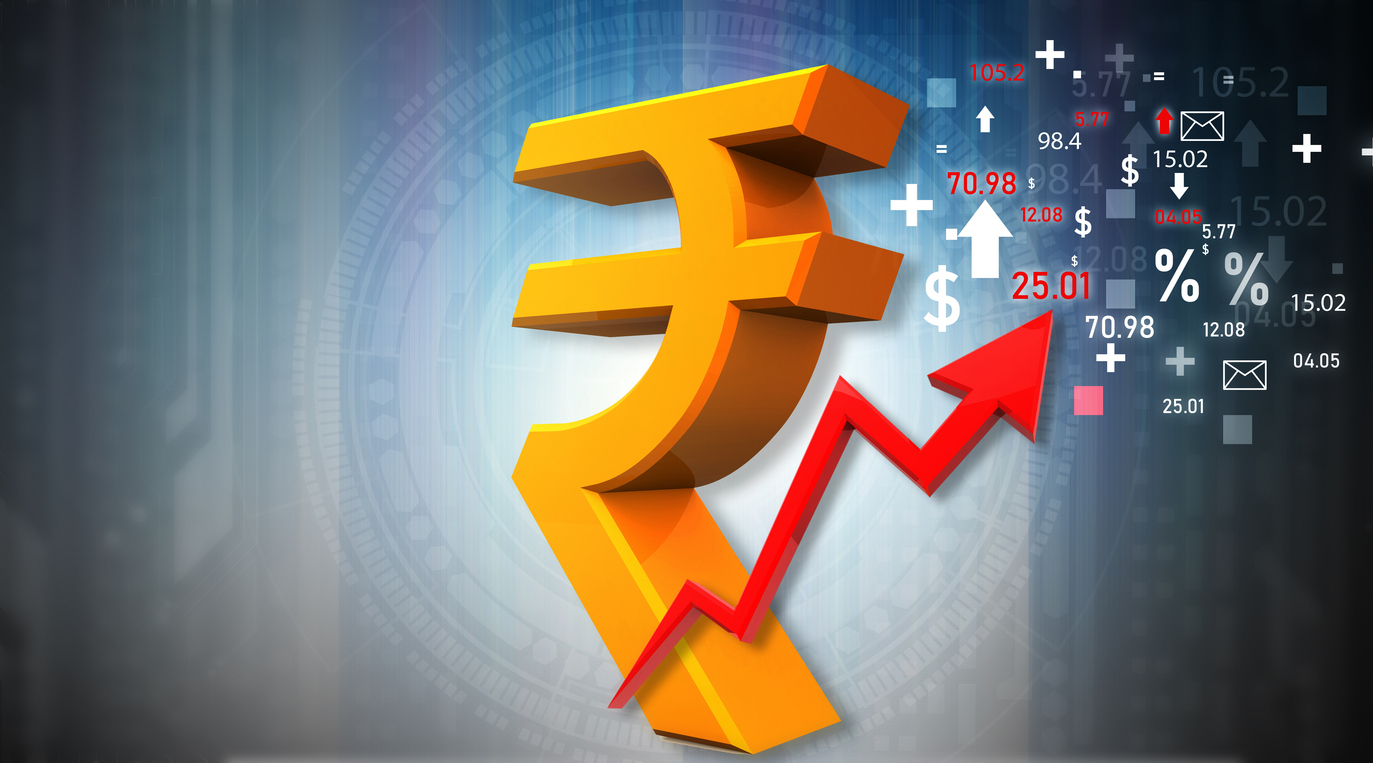
November 18, 2025
He urged a shift from assembly based manufacturing to higher value production to build strategic resilience
He insisted that domestic institutions must shoulder the primary financing burden rather than relying on external capital
He warned that global volatility and geopolitical realignments are reshaping capital flows in ways that could affect India
He stressed that clean, reliable, and affordable energy including nuclear must underpin India’s long-term stability

Chief Economic Advisor V. Anantha Nageswaran underscored the need for India to strengthen its industrial capacity, improve workforce utilisation, secure its energy future, and expand research and development to sustain long-term economic growth. Speaking at the CII Financing Summit, he said India must build internal resilience as global conditions shift.
He outlined four priority areas he sees as essential to India’s economic progress: industrial upgrading, effective deployment of its workforce, reliable energy security, and sustained innovation. He called for a move beyond assembly-driven manufacturing towards higher-value-added production and argued that India must develop deeper strategic resilience across its supply chains. He stressed that the domestic financial system should better align with the real economy to support these objectives.
On the role of domestic institutions, the Chief Economic Advisor cautioned that external financing would not be enough to meet India’s ambitions. He said the main responsibility for financing growth should lie within the country and emphasised that domestic institutions must carry the strategic load. He added that vulnerabilities created in other markets should not be allowed to spill into India and highlighted the need for internal stability to cushion geopolitical risks.
He said India cannot allow its financial sector to drift away from the real economy. He noted that geopolitical tensions and global volatility have altered the behaviour of capital markets. With capital flows increasingly drawn along geopolitical lines, he stressed that external financing alone would fall short of India’s development needs.
Addressing energy and R&D, he said India requires clean, affordable, and reliable energy to ensure long-term economic stability. He maintained that nuclear energy must play a central role in the country’s energy mix and noted that private sector involvement will be essential. He pointed out that India’s R&D spending remains dominated by government investment, which limits the depth of innovation, and urged greater private participation to remain competitive in the global technology landscape.
As India navigates a shifting global economic environment, his observations underline the need to reinforce the country’s economic foundations. With stronger domestic capabilities and a more robust innovation framework, he noted that India can position itself for sustained growth amid rising global complexity.
Source: Times Now